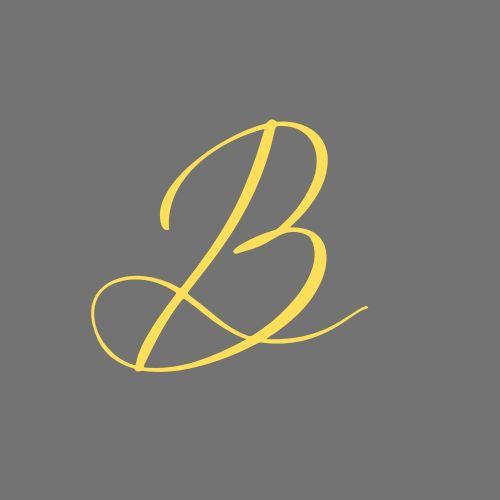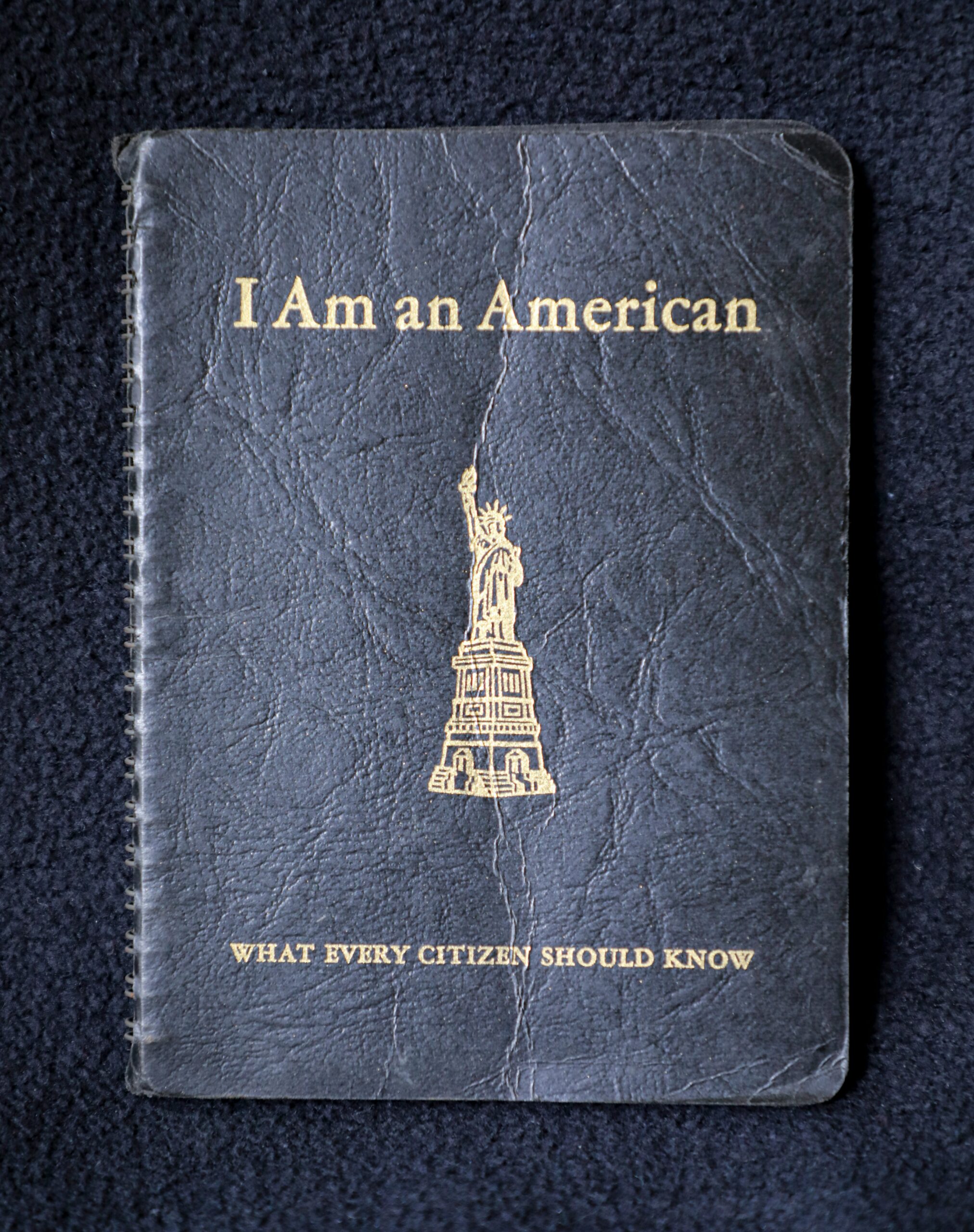If you have a dream of building the next big thing in tech, you might want to apply to YC, the most prestigious startup accelerator in Silicon Valley. YC has helped launch successful companies like Airbnb, Coinbase, and Reddit, and has a network of alumni and mentors that can support you along the way. But getting into YC is not easy. You need to have a great idea, a strong team, and a compelling pitch. In this article, we will tell you how to get into YC, what to expect from the program, and what it takes to succeed as a founder. We will also share the story of Gary Tan, the current leader of YC, who went from being an immigrant kid in Fremont to a successful entrepreneur and investor.
Table of Contents
- What is YC and why should you apply?
- How to apply to YC and prepare for the interview
- What happens during the YC program and after graduation
- How Gary Tan became the CEO of YC and what he learned along the way
- How YC fosters a community of innovation and diversity

What is YC and why should you apply to its startup school?
YC stands for Y Combinator, a startup accelerator that was founded in 2005 by Paul Graham, Jessica Livingston, Trevor Blackwell, and Robert Morris. The idea behind YC was to give small amounts of money (around $20,000) to promising teams of founders who wanted to build something new. In exchange, YC would take a small equity stake (around 7%) in the startups and provide them with guidance, feedback, and connections. Since then, YC has grown to become one of the most influential players in the tech industry, with a portfolio of over 2,000 companies that have a combined valuation of over $300 billion.
Some of the reasons why you should apply to YC are:
- You will get access to some of the best mentors and advisors in the world, including Paul Graham himself, who is known for his essays on startups and his famous motto “Make something people want”.
- You will join a network of alumni and peers who can help you with advice, introductions, partnerships, hiring, fundraising, and more. Some of the alumni include Brian Chesky (Airbnb), Drew Houston (Dropbox), Brian Armstrong (Coinbase), Patrick Collison (Stripe), Emmett Shear (Twitch), Alexis Ohanian (Reddit), and many more.
- You will get exposure to investors, media, customers, and potential partners through events like Demo Day, where you will present your product to an audience of hundreds of people.
- You will learn from the experiences of other founders who have gone through the same challenges and opportunities as you. You will also get feedback from YC partners and experts on various topics like product development, growth hacking, user acquisition, monetization, legal issues, etc.
- You will be part of a culture that encourages innovation, experimentation, iteration, and ambition. You will be surrounded by people who are passionate about solving problems and making an impact in the world.
How to apply to YC Startup School and prepare for the interview
The application process for YC is simple but competitive. You need to fill out an online form that asks you about your idea, your team, your market, your traction, your vision, and your motivation. You also need to submit a short video introducing yourself and your co-founders. The deadline for applying is usually two months before each batch starts (there are two batches per year: winter and summer). You can apply as many times as you want until you get accepted.
If your application is selected for an interview, you will be invited to meet with three or four YC partners at their office in Mountain View. The interview lasts for 10 minutes and is very fast-paced and intense. You need to be prepared to answer questions like:
- What problem are you solving and why is it important?
- Who are your customers and how do you reach them?
- How do you make money and what are your unit economics?
- What is your competitive advantage and how do you defend it?
- What are your key metrics and how do you measure them?
- What are your biggest challenges and risks?
- What are your goals and milestones for the next six months?
The best way to prepare for the interview is to practice with your co-founders or with other founders who have gone through it before. You should also do your research on the market, the customers, the competitors, and the trends. You should also be ready to demonstrate your product or prototype if possible. The most important thing is to be clear, concise, confident, and honest.
What happens during the YC program and after graduation
The YC program lasts for three months (from January to March for the winter batch and from June to August for the summer batch). During this time, you will work on your product, talk to your users, iterate on your feedback, and grow your business. You will also attend weekly dinners where you will hear from guest speakers who are successful founders, investors, or experts in various fields. You will also meet with your YC partners and group members who will give you advice and support. You will also have access to various resources and perks like office space, cloud credits, legal services, etc.
The highlight of the program is Demo Day, where you will pitch your product to an audience of investors, media, customers, and potential partners. This is your chance to showcase your progress, traction, and vision, and to attract funding and attention. You will have two minutes to present your product using slides or a live demo. You should focus on the problem, the solution, the market, the traction, and the ask. You should also be prepared to answer questions from the audience.
After Demo Day, you will officially graduate from YC and become part of the alumni network. You will still have access to the mentors, peers, events, and resources that YC offers. You will also have the opportunity to participate in follow-up programs like YC Continuity (for later-stage startups), YC Growth (for scaling startups), and YC Fellowship (for early-stage startups). You will also be able to apply for additional funding from YC or from other investors who are part of the YC network.
How Gary Tan became the CEO of YC and what he learned along the way
Gary Tan is the current CEO of YC. He is also a co-founder and managing partner of Initialize Capital, an early-stage venture capital firm that has invested in companies like Coinbase, Instacart, Flexport, Roam Research, and many more. He is also a former founder of Posterous, a blogging platform that was acquired by Twitter in 2012.

Gary’s story is inspiring and instructive for anyone who wants to get into YC or start a company. Here are some of the key points from his journey:
- Gary grew up in Fremont, California, in the shadow of Silicon Valley. He was fascinated by technology and wanted to be an engineer. He attended Stanford University and majored in computer science.
- Gary faced many challenges growing up as an immigrant kid from Taiwan. His family struggled with food insecurity and his parents had a difficult relationship. He had to work hard to overcome these obstacles and pursue his dreams.
- Gary realized the power of technology to bring people out of difficult situations. He was inspired by stories of immigrants who started successful companies like Google, Yahoo, eBay, etc. He decided to start his own company after attending Startup School, a free event organized by YC where aspiring founders can learn from experienced founders.
- Gary co-founded Posterous in 2008 with two friends from Stanford. Posterous was a simple and elegant blogging platform that allowed users to post content via email. It gained popularity among users who wanted to share their stories online.
- Gary applied to YC with Posterous and got accepted in 2008. He learned a lot from the program and from Paul Graham. He also met many other founders who became his friends and mentors.
- Gary sold Posterous to Twitter in 2012 for an undisclosed amount. He joined Twitter as a product manager and worked on various projects like Twitter Cards and Twitter Video.
- Gary transitioned from being an entrepreneur to being an investor. He realized that he enjoyed helping other founders achieve their goals more than working on his own product. He left Twitter in 2013 and joined YC as a partner.
- Gary started his own fund Initialize Capital in 2014 with his friend Harj Taggar. They focused on investing in early-stage startups that had strong teams, big markets, and clear visions. They invested in Coinbase when it was just a small team of four people working on a bitcoin wallet.
- Gary learned a lot from investing in Coinbase and other startups. He learned how to spot potential winners, how to support founders through ups and downs, how to deal with regulatory challenges, how to navigate market cycles, etc.
- Gary returned to YC as the CEO in 2021 after Paul Graham retired. He wanted to help more founders achieve their dreams and make an impact in the world. He also wanted to foster more innovation and diversity in the tech industry.
- Gary is passionate about creating a better future for humanity through technology. He believes that technology can solve many problems like climate change, poverty, health care, education, etc. He also believes that technology can empower people to express themselves, connect with others, and pursue their passions.

How YC fosters a community of innovation and diversity
YC is not just a startup school accelerator or an investment firm. It is also a community that continues to refresh itself with new ideas, new people, and new opportunities. YC supports its startups through their highs and lows, celebrates their successes and failures, and encourages them to learn from each other.
Some of the ways that YC fosters a community of innovation and diversity are:
- YC organizes events and programs that bring together founders, investors, experts, and enthusiasts from different backgrounds, industries, and countries. Some of these events and programs include Startup School, Female Founders Conference, YC Demo Day, YC Startup Library, YC Podcast, etc.
- YC supports initiatives and organizations that aim to increase the representation and participation of underrepresented groups in the tech industry. Some of these initiatives and organizations include Black Founders Matter, Latinx Founders Collective, Women 2.0, Code2040, Techstars Foundation, etc.
- YC encourages its startups to tackle problems that matter to society and the environment. Some of these problems include climate change, health care, education, democracy, social justice, etc. Some of the startups that are working on these problems include Carbon Health, Lambda School, OpenAI, Vote.org, Propel, etc.
- YC promotes a culture of curiosity, experimentation, collaboration, and feedback. YC encourages its startups to explore new ideas, test new hypotheses, work with other founders, and learn from their users. YC also provides its startups with honest and constructive feedback on their products, markets, strategies, etc.
- YC celebrates the diversity and uniqueness of its startups. YC recognizes that each startup has its own story, vision, and mission. YC showcases the achievements and challenges of its startups through various channels like blogs, newsletters, videos, podcasts, etc.
YC is more than just a startup school. It is a community that inspires and empowers people to create the future they want to see. If you want to be part of this community, you can apply to YC today. You can also learn more about YC by visiting their website, following them on X, or subscribing to their YouTube channel.
Watch the video on how to get into the YC Startup School Here.













